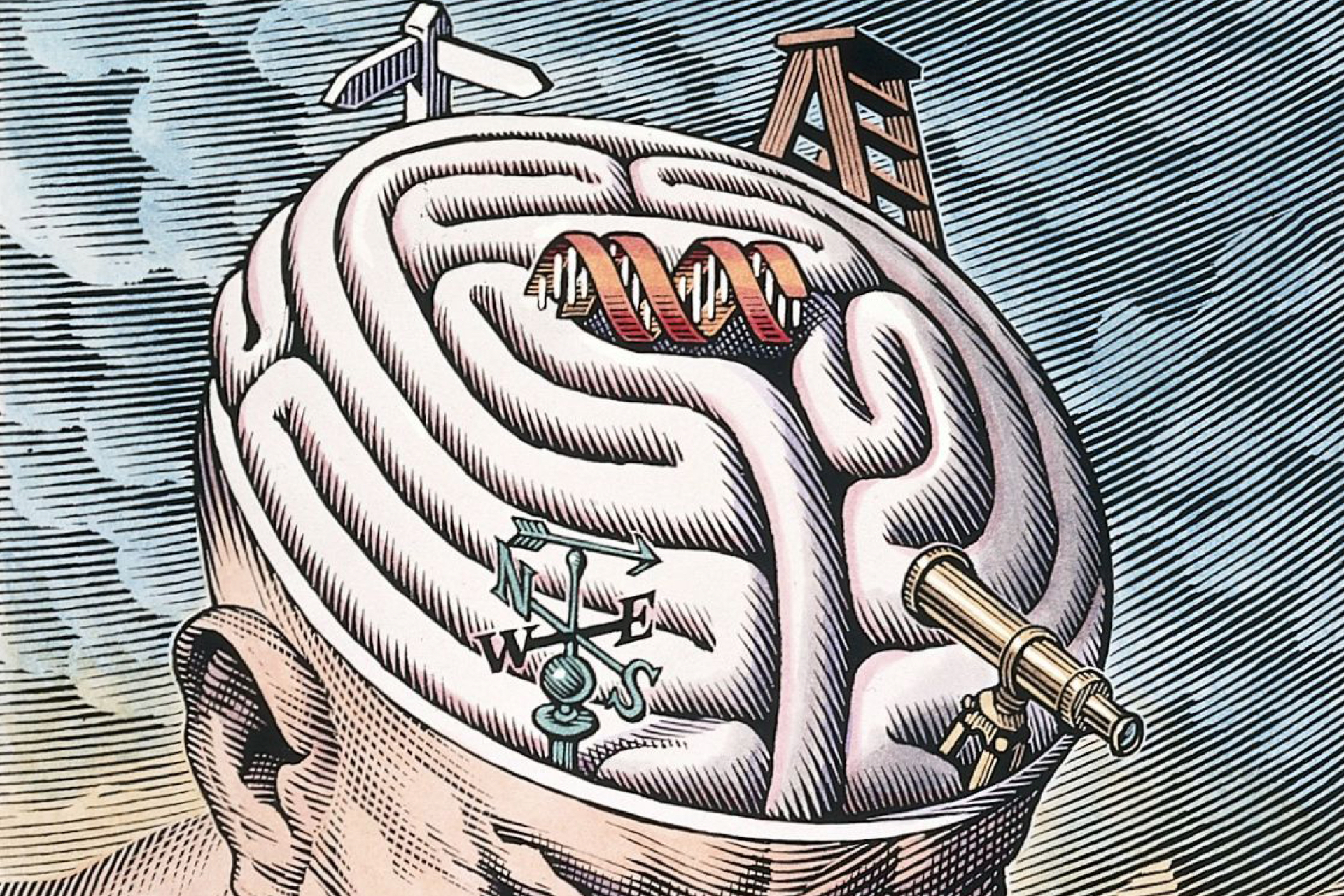The Mantle twins, Elliot and Beverly, successful gynaecologists on a maternity ward in a Manhattan hospital, are on a mission to challenge antiquated practices and modernise women's healthcare. In an effort to bring women's healthcare to the forefront, they aim to establish a birthing centre but soon end up pushing the boundaries of medical ethics.
Based on the 1988 film of the same name by David Cronenberg, the TV series Dead Ringers immediately puts a spin on the story, by sex-swapping the twins, now played by the ever-wonderful Rachel Weisz. While the Cronenberg original focused heavily on the fetishization of women's bodies and power abuse, the pilot immediately portrays several challenges faced by women in healthcare centred around class, race and the stigma of infertility.
In one of the earlier scenes of the pilot, we are shown the twins at work on the maternity ward. A scene certainly not for the squeamish, but a much more accurate portrayal of giving birth than what is usually shown on TV. There's a lot more blood, pain and vagina shots than on the average, sanitised TV programme and very efficiently drives home that giving birth isn't the magical, wonderful experience we've been made to believe. Childbirth is complex and painful, and as Beverly later states 'the system bullies, scares, terrorises… women', traumatising them along the way through inadequate healthcare.
The stigma of interfertility is addressed in several scenes throughout the pilot. First, we observe Beverly's miscarriage in graphic, painful detail and learn that she has tried to get pregnant a number of times. However, Beverly's patient Lanka's words struck me the most, as she describes her body's 'failure' to carry a baby to term. Her pain, juxtaposed with having to go home to prepare a steak for her husband's lunch, was gut-wrenching.
Both Elliot and Beverly are committed to opening the birthing centre, each for their own reasons. Beverly is committed to improving the birthing experience, whereas Elliott is far more interested in pushing science forward in her own private laboratory, free of ethical constraints placed on her by the healthcare system. In a scene with surrogate Nicki and parent-to-be Lara, it is made clear to the viewer that there is painfully little concern for Nicki's wellbeing from Lara, who's only interested in how soon she can deliver another baby for her as she 'likes little gaps'. As Beverly points out that a surrogate may only deliver five babies, Lara questions why that should be so, considering she's providing funding for the twins. Here we get the first impression that Elliott may be more likely to bend the rules as she sides with Lara.
Funding for the birthing centre is a central plot point, as we learn that the 'Parkers' may be willing to provide full funding. The show draws a direct parallel between the Parkers and the real-life Sackler family, who, like the Parkers on the show, are directly responsible for the opioid crisis in the USA, as dramatised in the TV series Dopesick. The show bluntly refers to the Parkers as pure evil, however, both twins consider accepting the funding after a day on the maternity ward that acutely shows both women and babies suffering under the current system. It raises the question: if you can accomplish something good, should you accept funding from a source that's directly responsible for a staggering number of deaths?
As a fan of Victorian literature, I am very fond of the morally ambiguous, misguided or 'evil' scientist trope, and I think this is played out very well here. Would you take money from a morally corrupt company to improve a small part of a broken system? Because, let's face it, the system is screwed, as Elliott put it but in rather more colourful language, whether it is in the USA or our own failing NHS in the UK. Women are routinely discriminated against, taken less seriously or stigmatised.
This message is further reinforced through several plot points, but none more so than Sandra's arc. She complains of being in pain after birth and is ignored by her doctor. As a black woman, her experience is not unique and routed in systemic racism. In both the USA and the UK, mortality rates for black women are significantly higher than for white or Hispanic women. Even after stating that she has been through several caesareans and her current pain is unlike anything she's experienced before, the CT scan ordered by Beverly is not performed. Sandra experiences severe internal bleeding and dies. In a harrowing scene, we see her bloodied body juxtaposed with the image of her happily holding her child: a preventable death.
The pilot episode very cleverly weaves us through patients' experiences on a maternity ward, interspersed with the twin's personal lives. By the end of the episode, you'd be hard-pressed not to see the need for the birthing centre. Writer Alice Birch does a wonderful job addressing a number of ethical issues, while still treating the characters with quiet dignity. Make no mistake, this is a thriller and I'm looking forward to the inevitable escalation that I'm expecting based on the original Cronenberg version. This is a darkly fun, feminist take and I would highly recommend it, if you don't mind a bit (or quite a lot) of blood.



Leave a Reply
You must be logged in to post a comment.